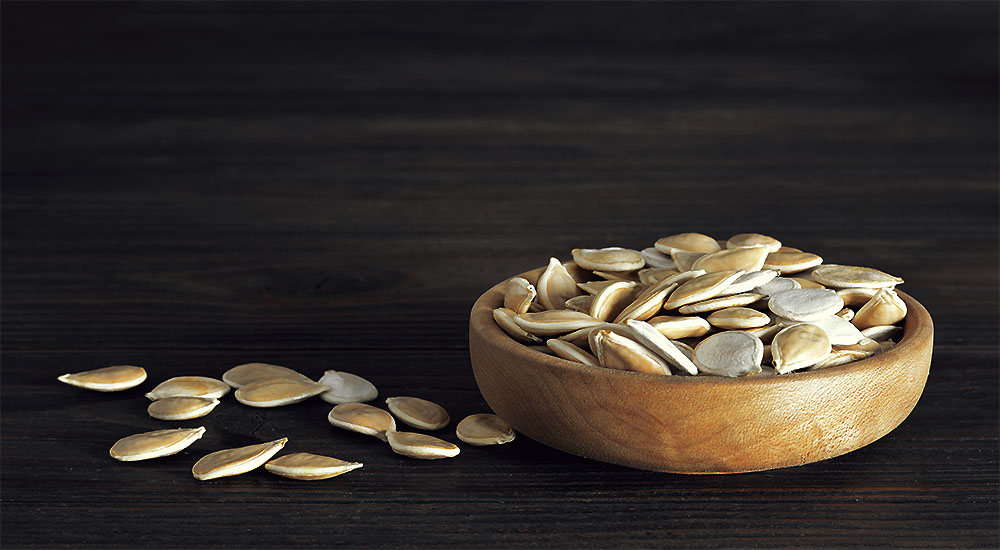When is it okay to Cheat on Your Gluten-Free Diet?

When is it okay to Cheat on Your Gluten-Free Diet?
The holidays are upon us and so too is temptation. Some of our fondest memories of childhood or family may be intertwined with food. I know my mother’s lasagna (not gluten-free) and pecan pie (also not gluten-free) hold some fond memories for me.
Patients frequently ask how much they can cheat and still be okay. It’s a logical and legitimate question to ask. It would seem reasonable to assume that having a “bite” of a cookie or pie over the holidays wouldn’t be too dangerous. What’s the harm in a bite, right?
So often patients are perplexed when they have a “nibble” of something containing gluten and they appear to have a bad reaction. They don’t understand how such a small amount could possibly bother them when they used to consume large quantities of the same food and not notice such ill effects.
Let’s look at some facts, not all of them intuitive, of how the body and its immune system react to gluten.
Quantity vs. Quality
I tell my patients that when it comes to gluten it’s a qualitative issue, not a quantitative one. What I mean is that the amount of gluten is not what is as important as the presence of any gluten that activates or stresses the body’s immune system. Celiac patients tend to have a lower threshold to this amount than those with NCGS or gluten sensitivity, but not always. I have patients with gluten sensitivity for whom any degree of cross-contamination creates havoc for them.
You would think that eating more gluten would impact the body more negatively than eating a nibble, but believe it or not, they are both as dangerous. Knowing that fact compounded by the situation where gluten can be mentally addictive, creating intense cravings, the safer, and in fact kinder, the thing to do is to avoid it altogether.
The presence of gluten triggers the production of a protein called zonulin. Whether you have celiac disease or non-celiac gluten sensitivity, the zonulin protein is produced in abnormally high quantities. The problem this creates is a leaky gut, also known as increased intestinal permeability.
A permeable or leaky gut allows substances to leave the small intestine that should, for the safety of the body, be kept contained within the gut until they get excreted. That is how the gut is designed to protect us from foreign invaders and toxins. It has the ability to contain “bad things” and eliminate them from the body before they create any damage.
The protective nature of the gut to keep us healthy in this way is thwarted by a leaky gut from increased zonulin levels. Only two things increase zonulin production – gluten and bacteria.
Interesting tidbit: humans are the only mammals that produce zonulin and are the only mammals that suffer from autoimmune disease via the mechanism of zonulin, which is considered the root cause of many autoimmune conditions.
The trickle-down effect of cheating on gluten is a leaky gut that in turn can put one at risk of autoimmune disease and inflammation. Is a “bite” of pie worth it? If you’re an adult you get to make that choice. It is, after all, your body. I just want to ensure you make an informed choice, knowing all the negative repercussions.
If you have a child who must avoid gluten, you need to educate the child as well as the adults and family members who come into contact with him or her. Children want to feel good. It’s not fair to them when uninformed adults think they’re being “kind” and offer them a bite of gluten or sneak them a cookie. If they truly understood the damage they were creating they would never consider such an act.
The hardest scenario is for the individual who cheats and cannot tell a difference in how they feel. I always feel most concerned about such patients. At least when the body gives a symptom in response to gluten exposure, a person knows they were contaminated or the effect of their intentional cheating was not good. Those whose bodies give no outward sign of reaction are at risk of endangering themselves more in the long-term. The gluten exposure is creating damage, despite no outward symptoms. The result is the person is unaware of the problem until something serious occurs such as receiving a diagnosis of autoimmune disease or cancer.
Unfortunately I’ve seen it too often. The good news is lab tests now exist that can determine if:
-
Gluten exposure is occurring despite no outward symptoms.
-
If the body is moving towards developing an autoimmune disease(s).
The tests are not without cost, but the financial cost is minimal when comparing it to a lifetime of debilitating disease.
If you are in the category of knowing you react negatively to gluten but when you cheat you cannot feel the effects, I strongly urge you to be evaluated with the tests just mentioned.
“I just can’t help myself – I have to cheat!”
I hear this proclaimed from patients who have convinced themselves they cannot stop cheating. The cravings are too strong and their lifestyle is such they too often find themselves in situations where there’s nothing else to eat but something containing gluten.
I have a solution.
First, you need to decide that it is possible not to cheat. There are plenty of people who avoid gluten completely. While difficult, it is definitely not impossible. This decision must be made before you move to the following steps.
Next, you need to assign yourself a strict window of gluten avoidance that you have committed to. The importance of this 2 to 3 week period is that you will get past any gluten cravings. It normally just takes a few days for the mental cravings to cease and after that, they will remain gone as long as no cheating occurs.
Now that the cravings are gone you need to take inventory of what food (e.g. pizza) or situations (e.g. when you go out to eat with friends) have been your downfall leading you to cheat.
If you travel and you find that you get too hungry and reach for whatever is near, figure out what you can travel with such as nuts, fruit, protein bars, etc. that will tide you over long enough to find gluten-free food options.
Should it be that friends love to eat pizza and when you go out with them you get tempted, coax them to find a local pizza parlor that offers gluten-free options? There are many.
Regardless of the challenge, nothing is incapable of being solved. With determination, you can conquer anything.
Sometimes the challenge is a friend or family member who simply doesn’t understand the importance of maintaining a gluten-free diet. To them, having a little shouldn’t be a big deal. The solution is to educate them by having them read this article or one of my many others found on my website. Knowledge is power – once your friend or family member understands the truth about cheating, they will encourage you to maintain your gluten-free diet.
A little tough love…
No one said maintaining good health was easy. But the work you’ll do to maintain your gluten-free diet will be well worth the effort. What is easy is finding suggestions of what to eat and how to prepare it. This magazine, and its past issues, is a treasure trove of brilliant suggestions and recipes that will happily and deliciously keep you on the gluten-free path.
Finally, there is diligence that must be part of your daily life. In just the way you should diligently drink adequate amounts of water, exercise, and consume 9 servings of fruits and vegetables each day, so too do you need to scrupulously check the ingredients of the foods you buy or order in a restaurant. It is the vigilance that you cannot get away from if you wish to be healthy.
Trust me, as someone who sees and consults with many hundreds of patients; it is never worth cheating when it comes to gluten. It will come back to haunt you in some way that you will wish you had avoided.
From my family to you and yours: May your holidays be fun, loving, delicious, and gluten-free!
Do you need help with your health?
We have the diagnostic and testing tools, the clinical experience, and a different medical approach to discovering the root cause of why you have the symptoms that are bothering you. As long as you are ready to make some dietary and lifestyle changes, we can help you. We will "hold your hand" through the changes, step by step, to make each step an easy one. We are located in Clearwater, FL, at 1000 S Ft Harrison, at the corner of Ft. Harrison Ave. and Magnolia St. There is plenty of parking space directly accessible from Ft Harrison. If it is not convenient for you to come to Root Cause Medical Clinic, we offer telehealth/telemedicine consultations to residents of certain states. Call us for details.
Contact us for a Consultation – Call 727-335-0400

Dr. Vikki Petersen DC. CCN
Founder of Root Cause Medical Clinic
Certified Functional Medicine Practitioner
Dr Vikki Petersen is a public speaker, author of two books, several eBooks and creates cutting edge content for her YouTube community. Dr Vikki is committed to bringing Root Cause Medicine and its unique approach to restoring health naturally to the world.
Ask a Doctor
Have a health concern you'd like to speak with a doctor about? Or just want clarity on a subject? Ask Us!


